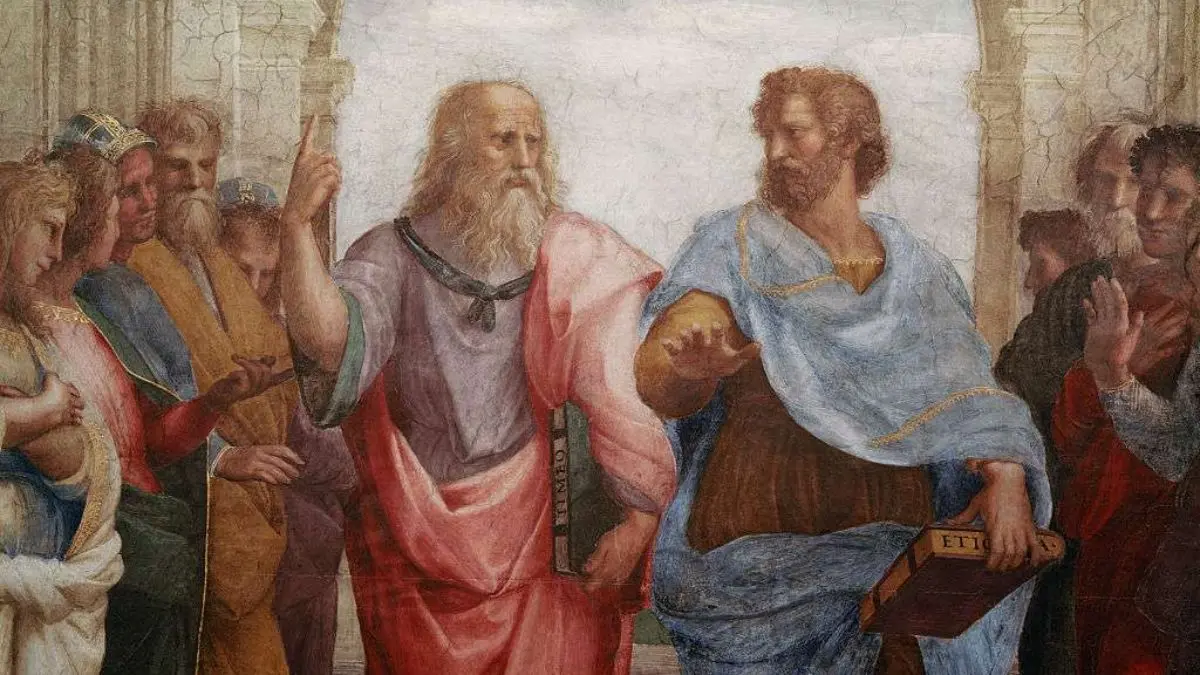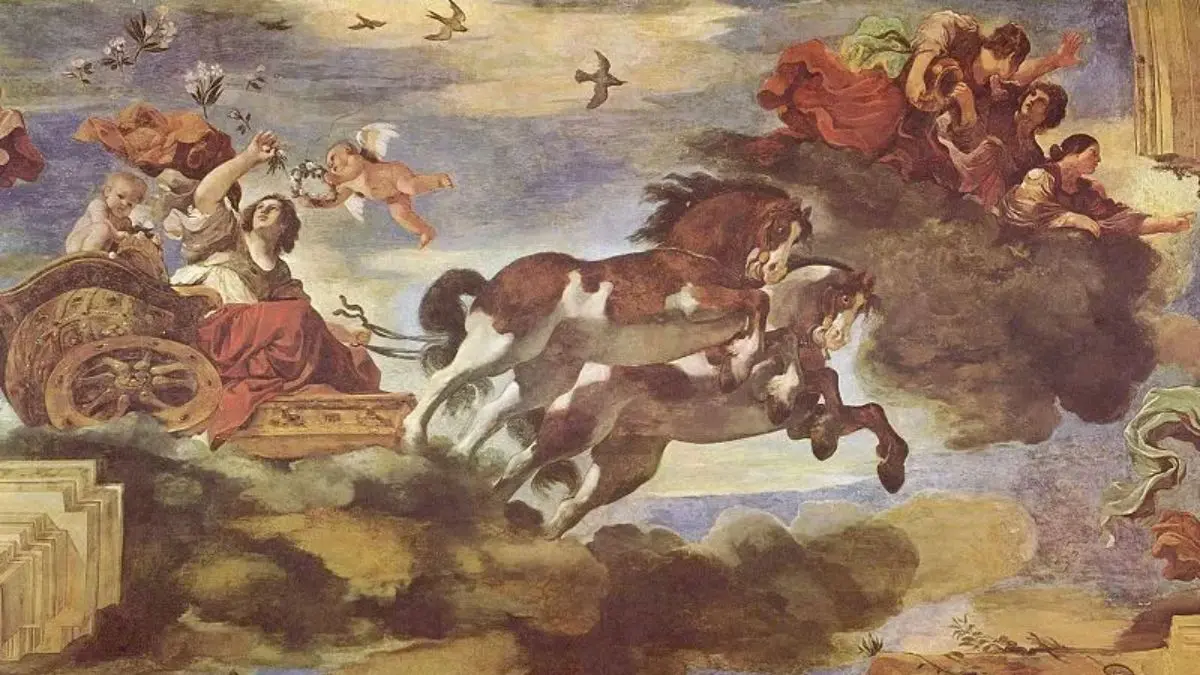Mythology and theology are two rich and intricate fields of study that often intersect but hold distinct roles in understanding human belief systems, culture, and religion. While both explore the concepts of gods, the supernatural, and the divine, they do so from different perspectives and with different purposes. This blog will delve into the nuances of each, highlighting their unique characteristics and roles in shaping our understanding of the world.
Understanding Mythology
Mythology refers to a collection of myths—traditional Stories that are part of a particular culture’s belief system. These stories often explain natural phenomena, human behavior, and the origins of the world. Myths are passed down through generations and can serve to reinforce cultural norms and values. Mythology is not confined to a single culture or time period; rather, it spans across various civilizations, from Greek and Roman to Norse, Egyptian, and beyond.
Key Features of Mythology:
- Cultural Reflection: Myths reflect the beliefs, values, and experiences of the culture from which they originate.
- Narrative-Based: Myths are often Stories or allegories that convey moral lessons or explain natural phenomena.
- Varied Origins: Mythologies vary greatly across different cultures and time periods, each with its own unique set of gods, heroes, and creation Stories.

Understanding Theology
Theology, on the other hand, is the systematic study of the divine, often focused on the doctrines of a particular religion. It involves the analysis and interpretation of religious texts, beliefs, and practices to understand the nature of God, the universe, and humanity’s relationship with the divine. Theology is typically associated with organized religions like Christianity, Islam, Judaism, and Hinduism, where it serves to articulate and defend the faith’s doctrines.
Key Features of Theology:
- Systematic Study: Theology is a structured and academic approach to understanding religious beliefs and practices.
- Doctrinal Focus: Theology often revolves around interpreting sacred texts and formulating doctrines.
- Faith-Based: Theology is closely linked to the faith of a particular religious community and often seeks to explain or justify its beliefs.
Core Differences Between Mythology and Theology
While mythology and theology both deal with the divine and the supernatural, they differ significantly in their approach, purpose, and context. Below is a table summarizing the key differences between the two:
| Aspect | Mythology | Theology |
|---|---|---|
| Definition | A collection of myths or stories from a particular culture explaining natural phenomena, human behavior, and the origins of the world. | The systematic study of the divine, focusing on the doctrines and beliefs of a particular religion. |
| Approach | Narrative-based, often allegorical. | Academic and structured, often involving analysis and interpretation of sacred texts. |
| Purpose | To explain natural events, reinforce cultural values, and entertain. | To understand and articulate religious beliefs, often with a focus on doctrine and faith. |
| Cultural Context | Varies greatly across cultures and time periods, often reflecting the society’s worldview. | Closely tied to the beliefs and practices of a specific religious community. |
| Role of Stories | Central to conveying myths, often with moral lessons or explanations of the cosmos. | Secondary to doctrines; stories may be used to illustrate theological points but are not the primary focus. |
| Focus | Explaining the world through stories and allegories. | Explaining religious beliefs, practices, and the nature of the divine. |
| Flexibility | Often fluid, with myths changing and evolving over time. | More rigid, with a strong emphasis on maintaining doctrinal consistency. |
| Examples | Greek mythology, Norse mythology, Egyptian mythology. | Christian theology, Islamic theology, Jewish theology. |
The Interplay Between Mythology and Theology
Though distinct, mythology and theology can influence and inform each other. In some cases, myths become the foundation upon which theological doctrines are built. For instance, many of the stories from ancient mythologies have been reinterpreted through theological lenses in various religions. Conversely, theological concepts can become the subject of myths, especially in polytheistic religions where gods and divine beings are depicted with human-like qualities and narratives.
In Christianity, for example, the theological concept of salvation is often illustrated through stories and parables, which, while not myths in the traditional sense, function similarly in conveying complex ideas through narrative. Meanwhile, in Hinduism, mythological stories of gods and goddesses like Vishnu, Shiva, and Durga are deeply intertwined with theological beliefs about dharma, karma, and moksha.

Mythology in Modern Context
In contemporary society, mythology has expanded beyond its traditional scope. Modern retellings and adaptations of ancient myths continue to captivate audiences, influencing literature, cinema, and popular culture. Mythology is no longer confined to ancient texts but is continually reimagined and reinvented, serving as a rich source of inspiration and exploration.
Theology in Modern Context
Theology remains a vital field of study within religious communities and academic institutions. It continues to address fundamental questions about existence, morality, and the nature of the divine, adapting to contemporary challenges and insights. In the modern world, theology often engages with other disciplines such as philosophy, science, and ethics, reflecting an evolving understanding of faith and belief.
Also Read: What Does Mythology Mean?




